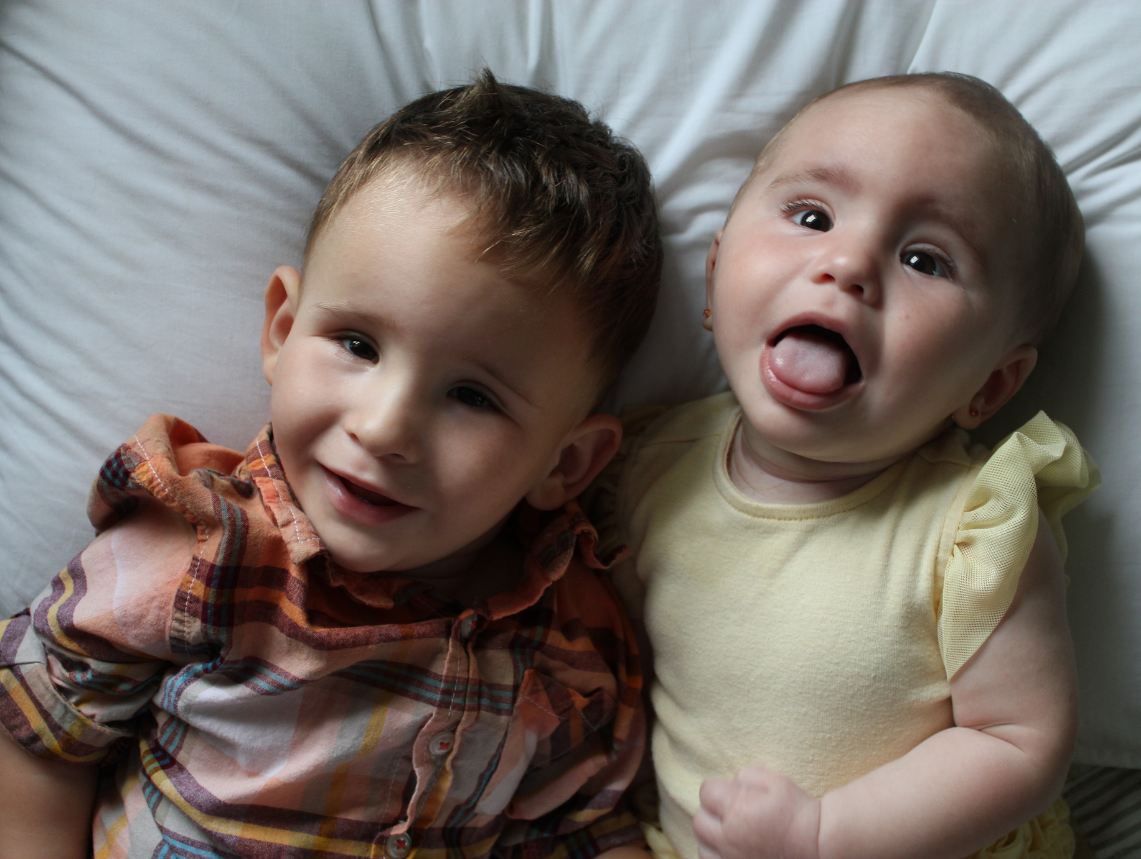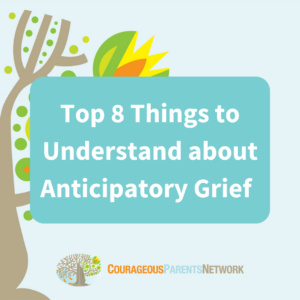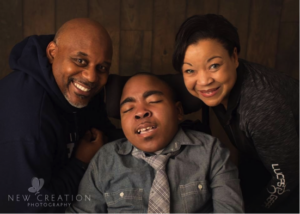Anticipatory Grief
Learning that your child has a serious medical condition may be unexpected and a complete shock. Or the answer to questions you already had. Either way, the knowledge literally changes everything.
After receiving this news, it’s natural to anticipate, even fear, that life will shift in unexpected ways; that this is just the beginning. You may feel overwhelmed, uncertain, alone. You may already sense that grief will likely be your companion throughout this journey. Many families have traveled this path and have found it helpful to name these feelings. They often have found it comforting to learn that the feelings are normal, and part of a process with its own name: anticipatory grief.

ON THIS PAGE:
Your Team:
A mental health professional who uses therapy and other strategies to support coping and adjustment and treat concerns regarding social, emotional, or behavioral functioning.
A trained professional who works with people, groups and communities to help them better their lives.
A member of the clergy who is responsible for the religious needs of an organization and/or its constituents.
An individual who leads and/or guides individuals or groups coping with life experience and challenges.
A specialist whose aim is to improve the quality of life of their patients over the course of their illness regardless of stage, by relieving pain and other symptoms of that illness.
A medical professional who practices general medicine.
A psychologist, social worker, chaplain and/or spiritual leader, or a palliative care clinician can provide a space for talking through issues and concerns. A child-life specialist can provide support to your entire family. Your child’s primary physician can also be a good resource, as they may already know your family well and can see the big picture of your family’s experience.
Orienting
If there is no clear diagnosis or prognosis for your child, anticipatory grief may include imagining the moment in which you might have an explanation. You might think about how you will react and absorb the news. This may bring you comfort, or even greater sadness and fear.
Anticipatory grief may trigger a desire to talk or to withdraw. It may manifest itself as physical problems such as sleep or memory difficulty, headache or other physical pain. It may include a mental rehearsal of your child’s death and the hours and days following the death. It may include a need to engage in immediate decision-making around preparation for end of life. It could also take the form of avoidance of the challenges that lie ahead.
Seeking help when you are experiencing anticipatory grief—soon after your child’s diagnosis, at a change in baseline, when uncertainty is heightened—may help you build coping strategies. Taking care of yourself physically and emotionally is in your, your child’s, and your family’s best interest.
– Nancy F., clinician
Related Resources
-
 We’re talking about the losses along the wayvideo
We’re talking about the losses along the wayvideo -
 The early months post-diagnosis: grief, therapy, identityvideo
The early months post-diagnosis: grief, therapy, identityvideo -
 Top 8 Things to Understand About Anticipatory GriefBLOG
Top 8 Things to Understand About Anticipatory GriefBLOG -
 I was drowning in grief but trying to avoid it.video
I was drowning in grief but trying to avoid it.video -
 A mom on how having two healthy older children helped her get through.video
A mom on how having two healthy older children helped her get through.video -
 Understanding Anticipatory Griefguide
Understanding Anticipatory Griefguide
PROCEED TO NAVIGATING
Moving Forward
– Kerri, parent of Kai
Related Resources
-
 Your day-to-day life can be a happy place even though your child is going to die.video
Your day-to-day life can be a happy place even though your child is going to die.video -
 Anticipatory Grief: The time I had to prepare for her death provided an invaluable cushion to catch my fall .BLOG
Anticipatory Grief: The time I had to prepare for her death provided an invaluable cushion to catch my fall .BLOG -
 Diplomas and DiseasesBLOG
Diplomas and DiseasesBLOG -
 Top 8 Things to Understand About Anticipatory GriefBLOG
Top 8 Things to Understand About Anticipatory GriefBLOG -
 Understanding Anticipatory Griefguide
Understanding Anticipatory Griefguide



